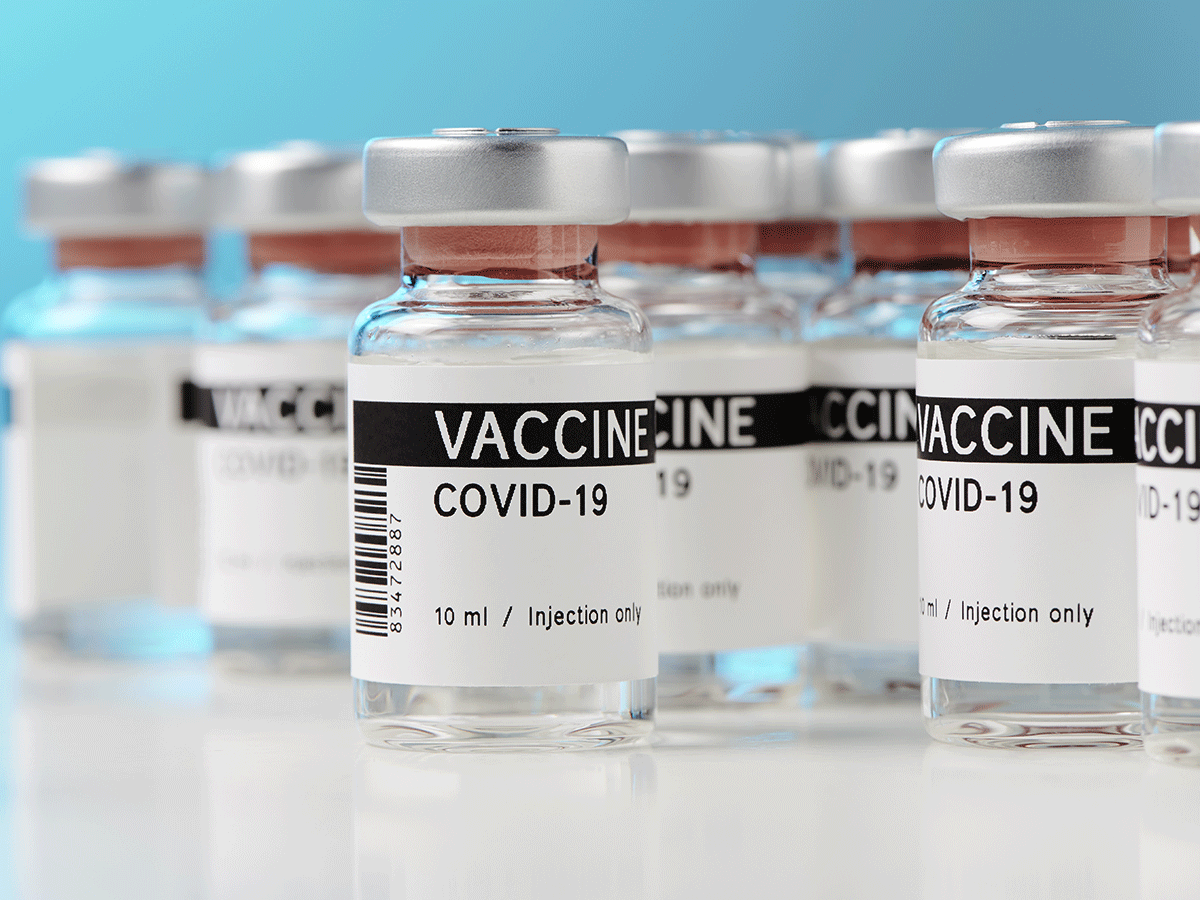Researchers at the University of Colorado has made an interesting discovery. They found a drug, most commonly used for the control of blood pressure may also help prevent the onset of Type-1 diabetes in 60% of the patients. They further believe that the same technique can be applied for the treatment of other existing diseases. The drug is Methyldopa and it has been used for over 50 years for the treatment of blood pressure in pregnant women. It is also on world health organizations list of essential drugs. Recently we have reported other drug Tandospirone, an antianxiety drug reverses the ill-effects of heavy alcohol consumption.
Coming to the current research some 60% of the people who are at risk of Type -1 diabetes possess a molecule called DQ-8 that further increases the incidence of the disease. Researchers believe that by blocking the antigen DQ-8, they could block the onset of Type-1 diabetes.
What is Type-1 diabetes?
It is an autoimmune disease caused when the person’s pancreas stops producing Insulin. Insulin is a hormone produced by the beta cells of the pancreas and is responsible for the control of blood sugar levels. In Type-1 diabetes, beta cells of the pancreas are destroyed by the body’s own immune system. Without Insulin, cells do not have the ability to absorb glucose and cannot generate energy. The symptoms include frequent urination, thirsty, losing weight and blurred vision, etc. As per the estimates, about 1.25 million Americans are suffering from this disease.
How did they carry out the research?
Researchers with the help of a supercomputer analyzed thousands of FDA approved molecules to check for the right one that fits in the groove of DQ-8 molecule. They carefully analyzed thousands of orientations for each drug and found that Methyldopa perfectly fits into the groove and blocked DQ8. Most of the immunosuppressant drugs suppress the immune function of other cells, but this is not the case with Methyldopa.
The team successfully carried the clinical trials at Barbara Davis Center for Childhood Diabetes at the University of Colorado School of Medicine. The trials spanned 10 years and they successfully demonstrated the efficiency of the drug in mice and also in 20 Type-1 diabetes patients who took part in the trial. The new drug is taken orally three times a day.
Also Read: Asparagus increases the spread of breast cancer: Study
Future implications:
Aaron Michels, MD, a researcher at the Barbara Davis Center for Childhood Diabetes and associate professor of medicine at CU Anschutz believe that the current research said that they can now predict the onset of Type-1 diabetes with 100% accuracy. The current research further paves way for the treatment of other auto-immune diseases such as rheumatoid arthritis, coeliac disease, multiple sclerosis, systemic lupus erythematosus.
The Research is Published in Journal of clinical investigation








